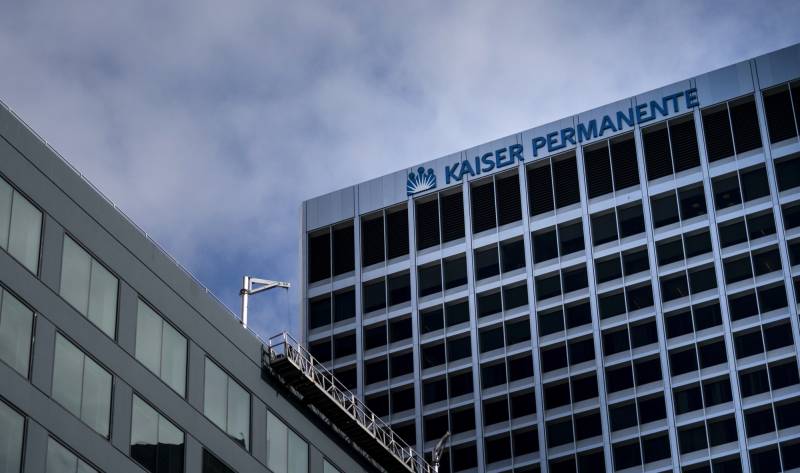Nearly 75,000 Kaiser Permanente health care workers across six states, including California, plan to strike beginning Oct. 4 if ongoing contract negotiations don’t result in an agreement very soon.
The impending strike, which could be the largest health care strike in U.S. history, would impact nearly 68,000 employees in California — ranging from optometrists to emergency room technicians and housekeeping workers — for at least three days. While Kaiser is prepared to continue most health services, a strike could impact some care needs, including COVID vaccines and flu shots, Kaiser representatives told KQED in an email.
“There’s going to be some disruption to care that’s not urgent,” Janet Coffman, professor at the Healthforce Center at UCSF, told KQED. “The bigger issue is how long the strike will be. If it goes beyond three days, then I think we are looking at more disruptions and more difficulties for people to get the COVID-19 vaccine and other care services they need.”
Last month, employees represented by Kaiser’s coalition of labor unions overwhelmingly voted to authorize a strike if a deal was not reached by Sept. 30, when their contract expired.

